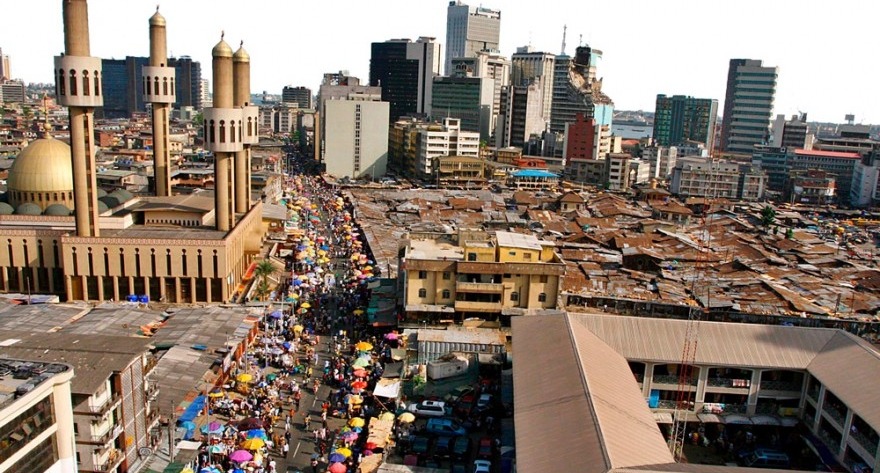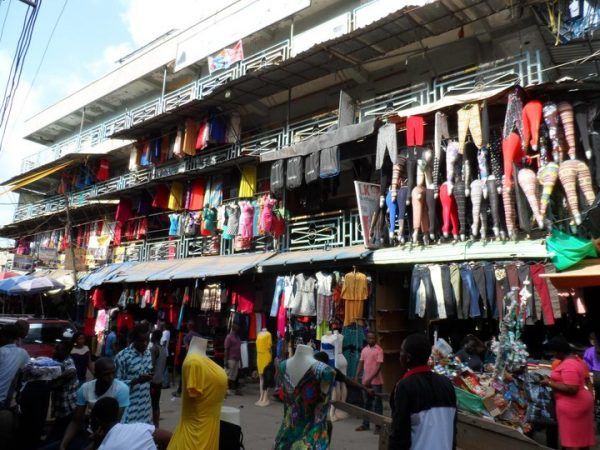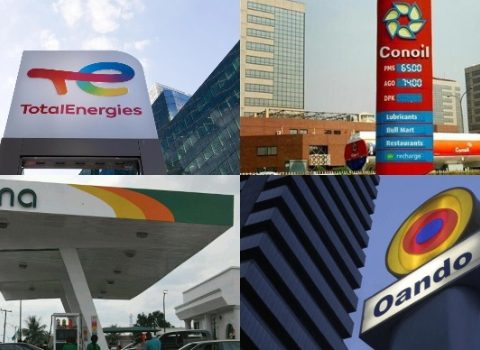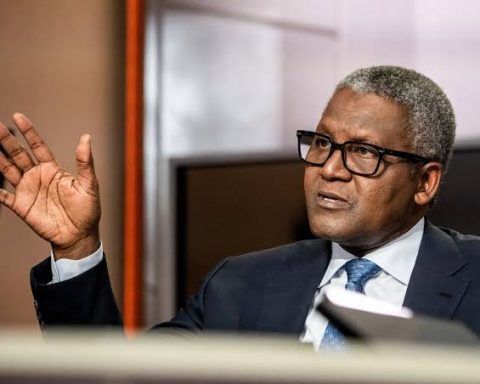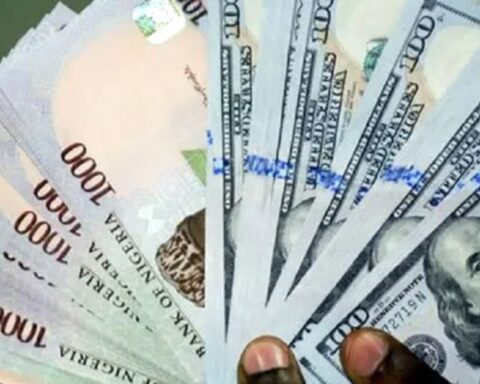In a twist for Nigeria’s economic landscape, the latest statistics reveal a commendable 2.54% GDP growth rate in Q3 2023.
However, the real spotlight shines on January’s Stanbic IBTC Purchasing Managers’ Index (PMI) surge from 52.7 to an 54.4, marking the highest increase in over a year.
Directly attributing this spike to robust new orders and increased rates of output, all four major sectors showcased improvements, signifying the largest growth since April 2022.
Despite this positive momentum, the specter of inflation, fueled by exchange rate challenges and soaring transport and raw material costs, lingered. While January witnessed the sharpest rise in 21 months, signs of a slight easing emerged, with purchase prices seeing their softest increase in eight months.
A notable aspect of this economic narrative is the sluggish growth in new hires during January. Some companies reported challenges in paying staff, leading to a second consecutive monthly growth in outstanding business. Backlogs of work increased, albeit at a faster rate compared to December.
Remarkably, businesses intensified their purchasing activities, resulting in increased stocks of inputs. Faster deliveries from suppliers played a crucial role in aiding companies to procure necessary inputs for sustained growth.
The report also highlighted a consistent stance in staff costs from December, with businesses extending support to their employees, particularly in terms of transport.
On the pricing front, the report noted, “Matching the trend for input prices, the rate of output charge inflation remained elevated but eased to an eight-month low at the start of 2024.”
This multifaceted economic update underscores Nigeria’s resilience amidst challenges, presenting a nuanced perspective on the nation’s economic trajectory.
Emmanuel Ochayi
- Emmanuel Ochayi
- Emmanuel Ochayi
- Emmanuel Ochayi
- Emmanuel Ochayi
- Emmanuel Ochayi
- Emmanuel Ochayi
- Emmanuel Ochayi
- Emmanuel Ochayi
- Emmanuel Ochayi
- Emmanuel Ochayi
- Emmanuel Ochayi
- Emmanuel Ochayi
- Emmanuel Ochayi
- Emmanuel Ochayi
- Emmanuel Ochayi
- Emmanuel Ochayi
- Emmanuel Ochayi
- Emmanuel Ochayi
- Emmanuel Ochayi
- Emmanuel Ochayi
- Emmanuel Ochayi
- Emmanuel Ochayi
- Emmanuel Ochayi
- Emmanuel Ochayi
- Emmanuel Ochayi
- Emmanuel Ochayi
- Emmanuel Ochayi
- Emmanuel Ochayi
- Emmanuel Ochayi
- Emmanuel Ochayi
- Emmanuel Ochayi
- Emmanuel Ochayi
- Emmanuel Ochayi
- Emmanuel Ochayi
- Emmanuel Ochayi
- Emmanuel Ochayi
- Emmanuel Ochayi
- Emmanuel Ochayi
- Emmanuel Ochayi
- Emmanuel Ochayi
- Emmanuel Ochayi
- Emmanuel Ochayi
- Emmanuel Ochayi
- Emmanuel Ochayi
- Emmanuel Ochayi
- Emmanuel Ochayi


